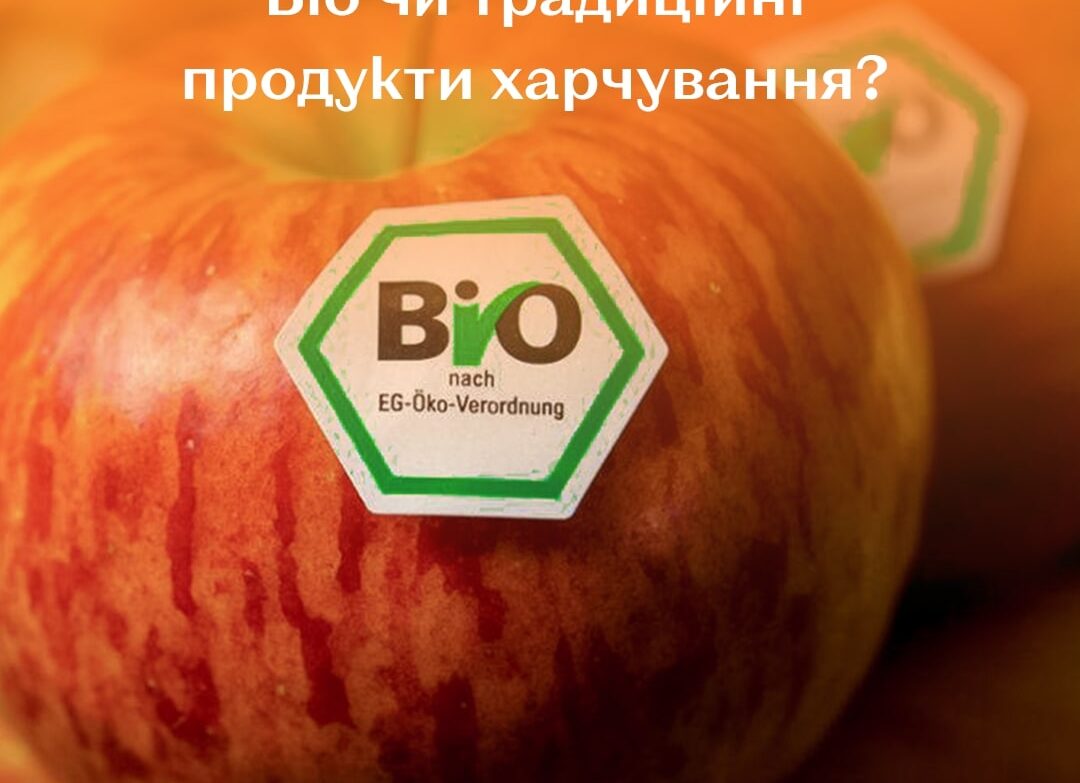Organic products (or so-called "bio") are gaining popularity. Most people associate the "Bio" label with the best
quality, usefulness and natural origin.
What is "Bio" really?
These are organic products that are made with minimal use of pesticides, fertilizers and food additives.
Instead, they use compost, ie humus.
Are Organic Products Just a Trend? Are they really more useful?
There is not enough research to prove the superiority of organic products over traditional ones. However, some experiments have shown that
organic products have a higher content of antioxidants. It is essentially a natural pesticide produced by plants. Bioplants
produce more antioxidants because they get fewer pesticides from humans.
The Harvard TH Chan School of Public Health writes that antioxidants reduce the risk of developing chronic diseases. But then the question arises: how many fruits and vegetables do you need to eat to really benefit?
It turns out that in this case there is not much difference between organic and traditional products, because both contain
antioxidants. More important is the amount we eat.
Is "Bio" more natural?
Organic products are bought to prevent damage from fertilizers and pesticides. But you can't completely avoid harm, because
"Bio" contain LESS of these substances. And "less" does not mean that they do not exist. Thus, for the cultivation of organic plants used
biopesticides, for example, copper sulfate, known as copper sulfate. Can it be said that this is a safe substance on 100%?
So maybe you don't use pesticides at all?
It is impossible. Untreated crops are vulnerable to pathogens such as fungi and mold. If not
use pesticides, pests will spoil the crop, ie the number of products will be significantly reduced.
Are organic products better for the environment?
Consider three factors: greenhouse gases, energy consumption, and territory. According to the study "Carbon dioxide emissions
and the use of traditional and organic diets in Germany ”(Carbon footprints and land use of conventional and
organic diets in Germany »)« Bio »occupies 40% more territory.
Demand for organic products is constantly growing due to the trend. To meet this demand, plants are grown not only in season, but
the whole river. Greenhouses are used for this purpose. Of course, for traditional products too, but because organic farming
occupies a larger area, more energy is needed to ensure proper conditions.
Plants also need carbon dioxide. In the greenhouse, it is fed artificially, and due to this, greenhouse gas emissions increase
gases into the atmosphere.
In many countries, the demand for organic products is not met by domestic production, so world trade is increasing
food, and it is more difficult to control the quality. It is often possible to come across a scam when ordinary products are sold at the price of organic ones.
⤵
Both types of farming have their advantages and disadvantages. If you want to eat healthy food, it is better to buy more fruits and vegetables regardless of production. If you are worried about the environment, Bio will not help here. More important buy seasonal food because it does not require a greenhouse, or regional because less resources are spent on transportation.


